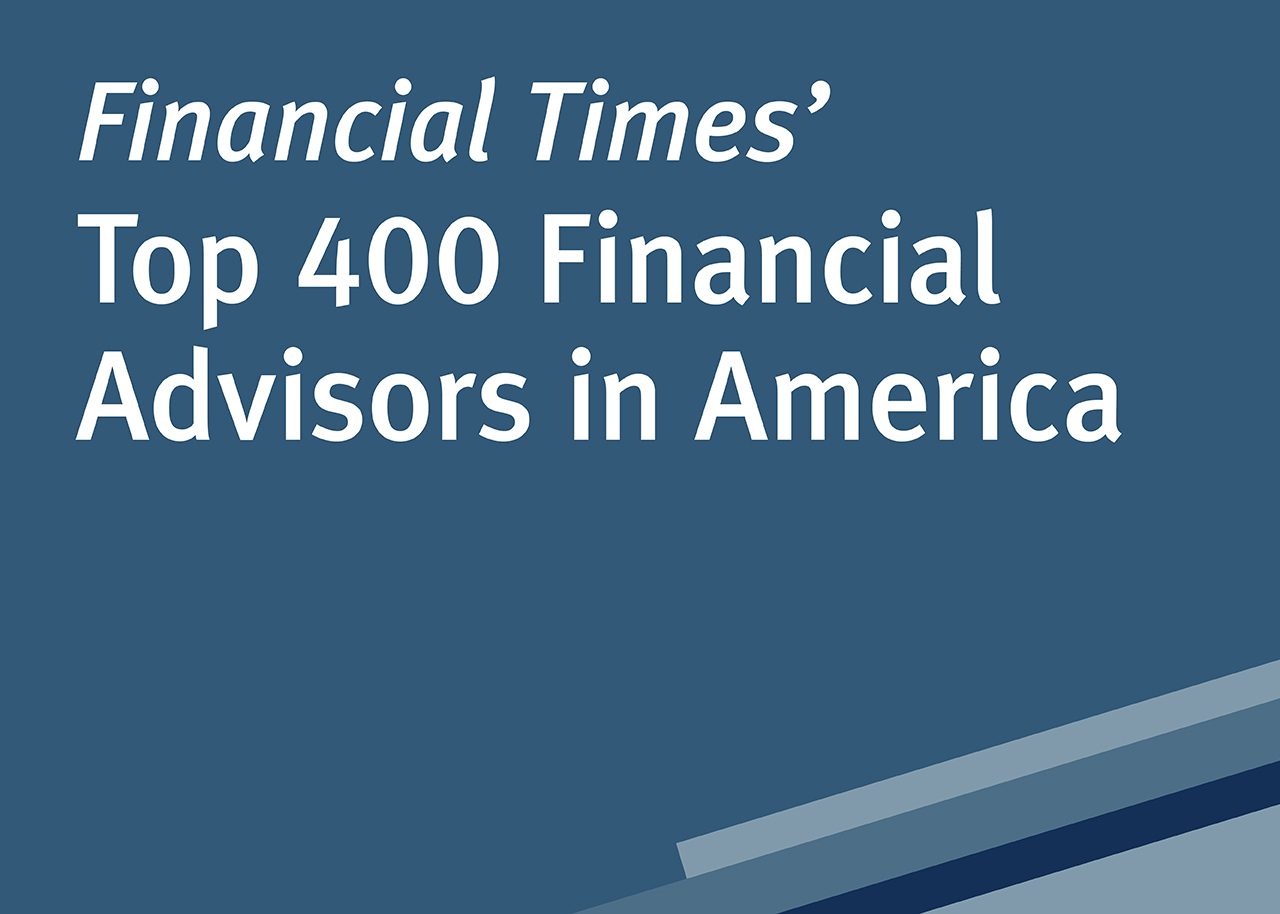
in 2018 and 2019
Named to Forbes’ Best-in-State Wealth Advisors List
Forbes’ Best-in-State Wealth Advisors, February 15, 2018 and February 21, 2019, each based on the 12-month period ending June 30 of the year prior to publication. Rankings are based on the opinions of SHOOK Research, LLC and selected from a pool of nominations as indicated in the methodology. Neither SHOOK Research nor Forbes receive compensation from the advisors or their firms in exchange for placement on a ranking. The rankings may not be representative of any one client’s experience and are not indicative of the financial advisor’s future performance. Investment performance is not a criterion for selection. Forbes is a registered trademark of Forbes, Inc. All rights reserved. For more information on the selection methodology, see www.stifel.info/award-disclosures.

in 2013 and 2014
Named to Financial Times Top 400 Financial Advisors in America
The Financial Times (FT) and Ignites Research, the FT’s sister company, contacted the largest U.S. brokerages in autumn 2012 for the 2013 award and autumn 2013 for the 2014 award to obtain practice information and data for their top advisors across the U.S. Minimum criteria included more than 10 years of experience and more than $300 million in assets under management (AUM), as of December 31, 2012 and September 30, 2013, respectively. The FT then invited qualifying advisors – a list that totaled about 400 - to complete a questionnaire. Adding that information to their own research on the candidates, including data from regulatory filings, FT uses a formula to grade advisors, based on six broad factors, and calculates a numeric score for each advisor. The factors are: 1) assets under management can signal experience managing money and client trust; 2) AUM growth rate (at both one-year and two-year growth rates) can be taken as a proxy for performance, asset retention, and ability to generate new business; 3) years of experience indicate experience managing assets in different economic and interest-rate environments; 4) compliance record provides evidence of past client disputes, as a string of complaints could signal problems; 5) industry certifications (CFA, CFP, etc.) demonstrate technical and industry knowledge and obtaining these designations shows a professional commitment to investment skills; and 6) online accessibility illustrates commitment to providing investors with easy access and transparent contact information. AUM accounted for an average of 70 percent of each advisor’s score. AUM growth rate accounted for an average of 17 percent. Additionally, the FT places a cap on the number of advisors from any one state that roughly corresponds to the distribution of millionaires across the U.S. FT presents the Top Advisers as a group, not a competitive ranking, since each advisor takes a different approach to his or her practice and has different specializations. Inclusion on the list may not be representative of any one client’s experience and is not indicative of the financial advisor’s future performance.